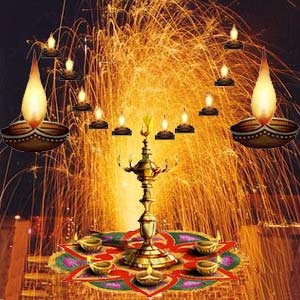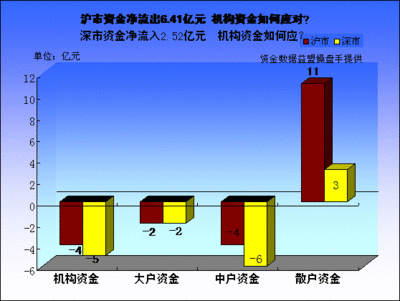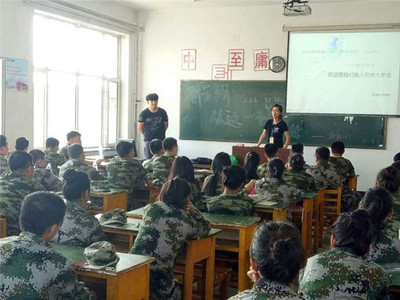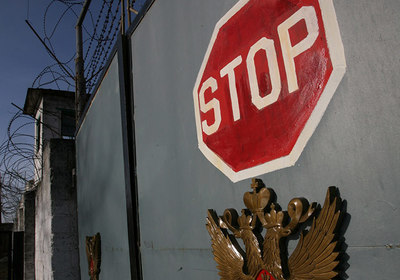屠妖节(印地语:दिवाली、Diwali、梵文:दीपावली、Dīpāvali、马拉地语:दिवाळी、泰米尔文:தீபாவளி、泰卢固语:దీపావళి、乌尔都文:دیوالی),又称排灯节、万灯节、或印度灯节,是印度教、锡克教和耆那教“以光明驱走黑暗,以善良战胜邪恶”的节日,于每年10月或11月中举行,一些佛教信徒也庆祝这个节日。由于其影响力盖过其它节日,故往往会被新马一带的华人社会误解成印度人的新年节日。
排灯节是印度最欢快、最重要的传统节日之一。印度军方人员当天在边境地区与巴基斯坦和
在印巴边境,印度边境保安部队与巴基斯坦安全部队互赠糖果,希望增进双方边境部队人员的关系,从而更好地保障两国边境地区人民的安全。印度边境保安部队的一名官员说:“我们在每个节日都交换糖果,比如排灯节和宰牲节,独立日和国庆日等。这样既可以增进彼此的关系,还能增强我们建立互信的信心,这显示了我们的关系非常好。”在印度与孟加拉国交界的地区,印度边境保安部队与孟加拉国步枪队也互相赠送包装精美的糖果,以此表现双方极为亲密友好的关系。孟加拉国步枪队的一名官员说:“这样的举动可以增进边境部队之间乃至两国之间的关系,我们将努力保持这样友好的关系,这样双方人民才能安居乐业。”对于约10亿印度教信徒来说,排灯节相当于新年。印度各地庆祝排灯节一般为5天,家家户户在这段时间都张灯结彩,燃放烟花。
Deepawali or Diwali is certainly the biggest and the brightestof all Hindu festivals. It's the festival of lights (deep =light and avali = a row i.e., a row of lights) that's mark————edby four days of celebration, which literally illumines the countrywith its brilliance, and dazzles all with its joy. Each of the fourdays in the festival of Diwali is separated by a differenttradition, but what remains true and constant is the celebration oflife, its enjoyment and goodness.
The Origin of Diwali
Historically, the origin of Diwali can be traced back toancient India, when it was probably an important harvest festival. However, there arevarious legends pointing to the origin of Diwali or 'Deepawali.'Some believe it to be the celebration of the marriage of Lakshmiwith Lord Vishnu. Whereas in Bengal the festival is dedicated tothe worship of Mother Kali, the dark goddess of strength. Lord Ganesha, the elephant-headed God, the symbol ofauspiciousness and wisdom, is also worshiped in most Hindu homes onthis day. In Jainism, Deepawali has an added significanceto the great event of Lord Mahavira attaining the eternal bliss ofnirvana. Diwali also commemorates the return of Lord Rama along with Sita and Lakshman from his fourteenyear long exile and vanquishing the demon-king Ravana. In joyouscelebration of the return of their king, the people of Ayodhya, theCapital of Rama, illuminated the kingdom with earthen diyas(oil lamps) and burst crackers.
These Four Days
Each day of Diwali has its own tale, legend and myth to tell.The first day of the festival Naraka Chaturdasi marks thevanquishing of the demon Naraka by Lord Krishna and his wife Satyabhama. Amavasya,the second day of Deepawali, marks the worship of Lakshmi, the goddess of wealth in her most benevolentmood, fulfilling the wishes of her devotees. Amavasya alsotells the story of Lord Vishnu, who in his dwarf incarnationvanquished the tyrant Bali, and banished him to hell. Bali wasallowed to return to earth once a year, to light millions of lampsto dispel the darkness and ignorance, and spread the radiance oflove and wisdom. It is on the third day of Deepawali — KartikaShudda Padyami that Bali steps out of hell and rules the earthaccording to the boon given by Lord Vishnu. The fourth day isreferred to as Yama Dvitiya (also called Bhai Dooj) and on this day sisters invite theirbrothers to their homes.
The Significance of Lights & Firecrackers
All the simple rituals of Diwali have a significance and a storyto tell. The illumination of homes with lights and the skies withfirecrackers is an expression of obeisance to the heavens for theattainment of health, wealth, knowledge, peace and prosperity.According to one belief, the sound of fire-crackers are anindication of the joy of the people living on earth, making thegods aware of their plentiful state. Still another possible reasonhas a more scientific basis: the fumes produced by the crackerskill a lot of insects and mosquitoes, found in plenty after therains.
The Tradition of Gambling
The tradition of gambling on Diwali also has a legend behind it.It is believed that on this day, Goddess Parvati played dice withher husband Lord Shiva, and she decreed that whosoever gambled onDiwali night would prosper throughout the ensuing year. Diwali isassociated with wealth and prosperity in many ways, and thefestival of 'Dhanteras'('dhan' = wealth; 'teras' = 13th) is celebrated two days before thefestival of lights.
From Darkness Unto Light...
In each legend, myth and story of Deepawali lies thesignificance of the victory of good over evil; and it is with eachDeepawali and the lights that illuminate our homes and hearts, thatthis simple truth finds new reason and hope. From darkness untolight — the light that empowers us to commit ourselves to gooddeeds, that which brings us closer to divinity. During Diwali,lights illuminate every corner of India and the scent of incensesticks hangs in the air, mingled with the sounds of fire-crackers,joy, togetherness and hope. Diwali is celebrated around the globe.Outside India, it is more than a Hindu festival, it's a celebrationof South-Asian identities. If you are away from the sights andsounds of Diwali, light a diya, sit quietly, shut your eyes,withdraw the senses, concentrate on this supreme light andilluminate the soul.
 爱华网
爱华网


